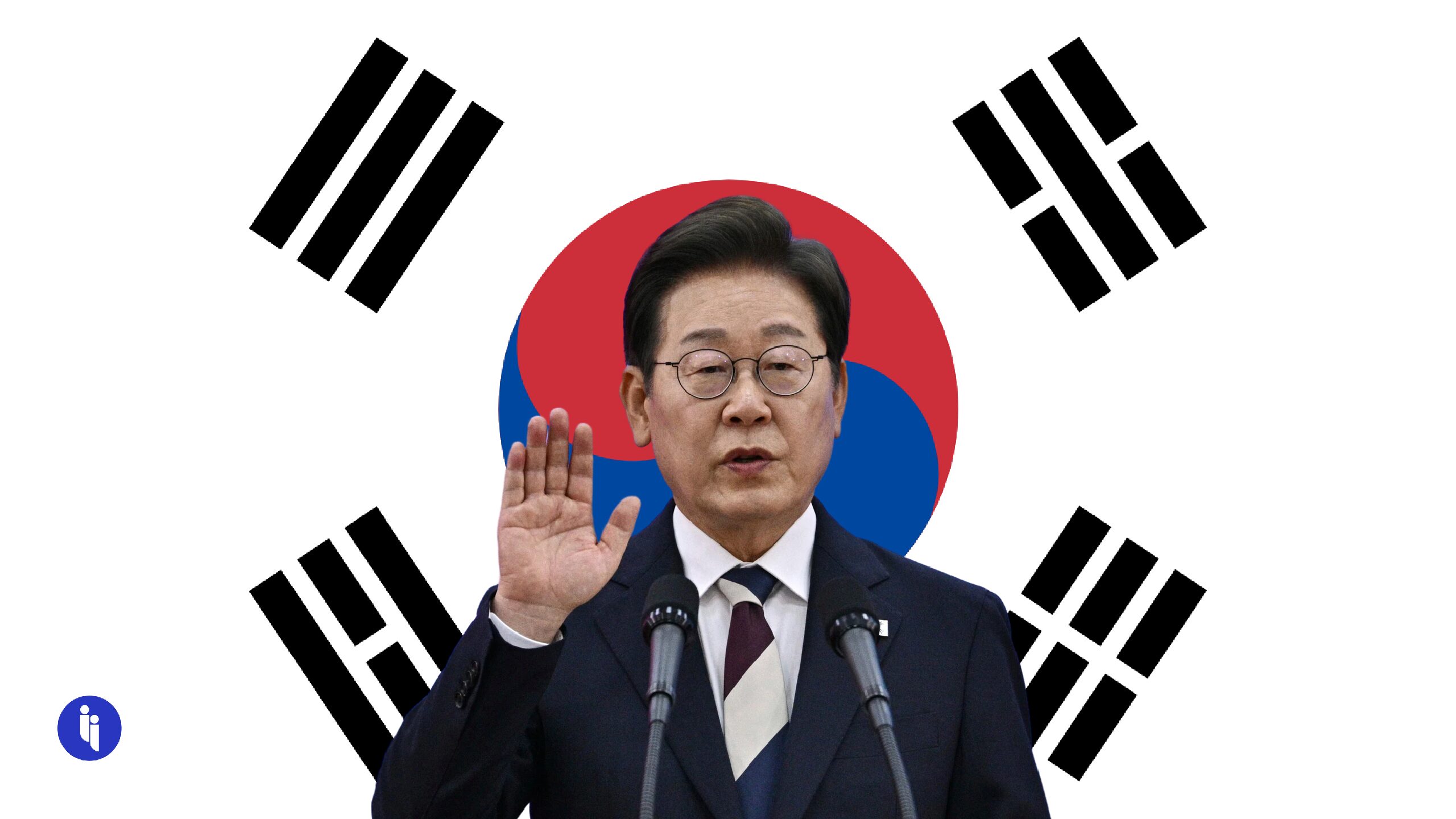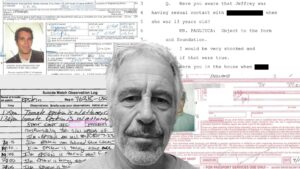It’s been a tumultuous six months for South Korea.
One failed martial law declaration, one impeachment, and three acting presidents later, and South Koreans finally have a permanent president again.
Opposition candidate Lee Jae-myung from the left-leaning Democratic Party of Korea won yesterday’s election with 49% of the vote, defeating Kim Moon-soo from the ruling People Power Party.
Stay on top of your world from inside your inbox.
Subscribe for free today and receive way much more insights.
Trusted by 134,000+ subscribers
No spam. No noise. Unsubscribe any time.
Before we dive into what a Lee Jae-myung presidency might look like, here’s a quick reminder of why you should care about what goes down in South Korea:
- It’s a major semiconductor exporter, thanks to Samsung and SK Hynix
- It hosts Camp Humphreys, the US’s largest overseas military base
- Its soft power has grown thanks to the international success of its beauty, entertainment, and music industries (Gangnam Style is still a banger and we’ll hear no dissent on that)
- It has close defence ties with the US and strong economic ties with China making it somewhat of a global canary in the geopolitical coalmine
- Oh, and it’s still technically at war with its nuclear-armed neighbour to the north.
Back to the new South Korean president.
Lee comes from a humble background, forgoing secondary school (which at the time was not free in South Korea) to work in a factory to supplement his family’s income. Despite this, Lee managed to enroll in law school and open his own legal practice, before entering politics around 2005. He lost the last presidential election in 2022 by just 0.73% making it the closest race in South Korean history.
To round out his biography, last year he was the victim of an assassination attempt for which he underwent emergency surgery.
But this is International Intrigue not Vanity Fair, so let’s get to Lee’s foreign policy…
🇰🇵 On North Korea
While former President Yoon Suk Yeol (2022-2025) took a more adversarial line against North Korea, Lee wants to restart dialogue with Pyongyang. As a former governor of a border province, he’s seen firsthand that “sabre rattling achieves little” when it comes to denuclearisation.
Nor does Lee share the ideological goal of reunification of former President Moon Jae-in (2017-2022). Instead, he sees North Korea as a problem to manage rather than a destiny to fulfil.
🇨🇳 On China
The new president has pledged to reset ties with China (South Korea’s biggest trading partner) but he’s toned down some of his more overtly friendly rhetoric in recent weeks to appeal to Korea’s centrist voters.
Lee has criticised his predecessor Yoon’s approach to China and his US tilt, arguing there is “no need to unnecessarily antagonise” Beijing.
When asked if he would come to Taiwan’s aid in case of a Chinese invasion, Lee gave one of the odder answers we’ve ever heard: “I will think about that answer when aliens are about to invade the earth.”
Was that Lee’s peculiar way of dodging the question or an indication of a smaller, more contained foreign policy? Perhaps Lee had just seen the 1996 classic Independence Day and couldn’t resist – either way it’s probably best not to read too much into it.
🇺🇸 On the US
Lee’s more moderate stance towards China shouldn’t be taken as a shift away from Washington.
Firstly, Lee’s been outspoken in backing the US-South Korea security alliance, calling it “essential“. Secondly, he’s opposed to the development of nuclear weapons on South Korean soil and supports the country’s reliance on the US nuclear umbrella. However, he argues, “we should not put all our eggs in one basket”.
It looks like Lee will end Yoon’s ‘strategic clarity’ and return South Korea to the ‘strategic ambiguity’ of the past. That’ll probably irritate the Trump administration, which just last week prodded its Asian allies to increase their defence budgets to confront what it described as an “imminent” threat from China.
The newly-elected president has also pledged to kick off trade talks with the Trump administration to deliver tariff relief for his country, telling a radio interview he would “crawl under [Trump’s] legs if necessary” to secure a deal.
Whatever else is true, South Korea’s new president certainly has a way with words.
Intrigue’s Take
While Western media often refers to Lee as an “outspoken liberal”, we’re getting big centrist dad vibes from Lee.
He supports a universal basic income but is a strong defender of free trade. He understands South Korea needs a constructive relationship with China, but knows that the US is South Korea’s most important ally. He just seems like a guy who wants to chart a middle course and honestly, we’re here for that.
So what could force Lee to pick a side?
- President Trump’s tariffs have already lowered South Korean public opinion of the US by between 7-10% according to nationwide polls. If that continues, Lee would be in a difficult spot and any… err… sucking up to Trump wouldn’t go down well domestically. China will be watching for any opportunity to drive them further apart.
- On the other hand, if China did attack Taiwan, or more plausibly, get into a militaryconfrontationwith a South Korean vessel, Lee would almost certainly have to denounce China and risk a dangerous escalation sequence.
And all that’s before we remember that politics in South Korea is a blood sport. Lee has his fair share of legal troubles and corruption allegations stemming from his time as a mayor and governor, so there’s an outside bet to be made that he might not even finish his term.
For now, South Koreans will be just be hoping yesterday’s election puts an end to the political chaos.
Sound even smarter:
- Lee’s Democratic Party is in control of the National Assembly, giving the new president strong political support for his agenda.
- South Korean presidents called the historic “Blue House” home from 1948 until 2022, when former president Yoon moved the offices to central Seoul. Built on the site of a royal palace dating back to 1395, the Blue House served as the presidential residence for over 70 years. It’s unclear whether Lee will stick with Yoon’s new digs or return to tradition.






